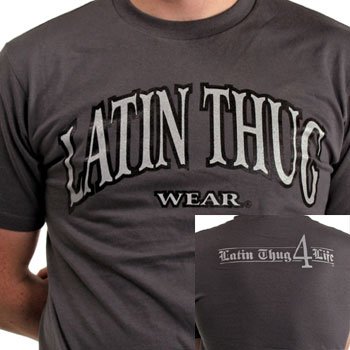
To anyone who did not grow up in the U.S. states of North or South Carolina, or perhaps Virginia or Georgia, Carolina beach music takes some explaining.
Even a southerner such as I, growing up in Alabama, did not realize that there was something called beach music that had little resemblance to, or connection with, the California sound of the Beach Boys or Jan and Dean.
Carolina beach music isn't about surfing or drag racing. It's about dancing at the pavilion in Myrtle Beach, shagging on the sand with your best girl, holding hands and watching the moon rise over Atlantic breakers as the harmonies of The Drifters, the Embers or the Tams drift over the dunes.
Now right now I must stop and explain to my English readers--that is, the possibly shocked citizens and residents of the United Kingdom--that "shagging" as used here does not mean what it you think it does. Here, the shag is the dance that you do to beach music. Shagging means to do the shag.
Carolina beach music goes back to the 1950s. The premier exponent of the style at that time was The Drifters. I've long known and liked the music of The Drifters--"Up On the Roof" is one of my all-time favorite songs--but I just considered it to be rock 'n' roll or perhaps r&b. It took moving to North Carolina to learn that some people considered it part of a separate genre.
Carolina beach music is gentle, sweet, romantic and innocent rock 'n' roll. It celebrates stealing kisses in the back row of the movie theater and couples sharing a blanket in the shade of the boardwalk.
It's no wonder that today, Myrtle Beach has clubs and entire theaters that exist just to showcase the top beach music acts, and that they do a booming business. Without doubt, many of the fans who flock there are recapturing a happy, uncomplicated youth spent cruising the strip and shagging (dance shagging) the night away. But Carolina beach music has a broad appeal, and it would not be surprising to see 20- and 30-somethings finding their way through the doors of those clubs, too.
Stefan Smith is a radio and music junkie who writes on these and other subjects for the Solid Gold Info Writers Consortium. Recently, he has written an extensive review of new software that anyone can use to capture music audio streams from Internet radio broadcasts and break them up into individual mp3 song files--a legal way to download virtually free music. Read the review at: http://www.solid-gold.info/radio2mp3.html
irish dance music
No comments:
Post a Comment